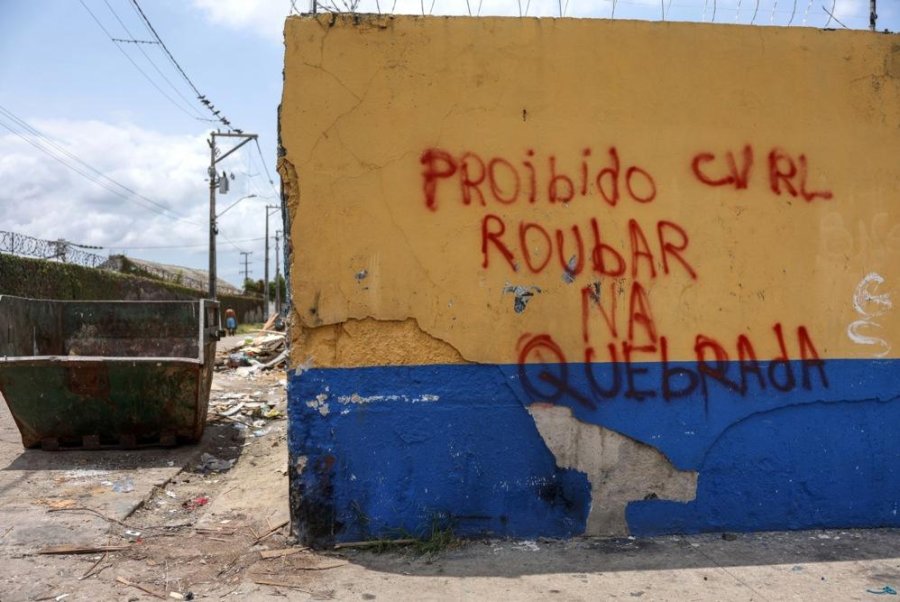Nov. 4 (UPI) — Indigenous communities in the Yurúa district, on the remote border between Peru and Brazil, have raised the alarm over the growing presence of members of Brazil’s Comando Vermelho criminal organization in their territory.
They say the group is exploiting what they describe as a “state vacuum” that leaves those living there unprotected against the advance of organized crime.
The armed Brazilian group has been crossing from Brazil into the Peruvian Amazon, taking part in drug-trafficking routes, illegal logging and other illicit activities that threaten the physical, cultural and territorial integrity of the Amazonian peoples, according to reports.
Those reports come from the Interethnic Association for the Development of the Peruvian Rainforest, the Regional Organization AIDESEP Ucayali and the Association of Native Communities of the Yurúa-Sheshea District.
In the Yurúa and Breu river basins, residents have reported sightings of small planes landing on improvised airstrips in the early morning hours, establishment of unfamiliar camps inside Indigenous reserves and movement of boats carrying cargo without government oversight.
The situation has reinforced perceptions that Comando Vermelho and allied criminal networks are operating with relative impunity in the region.
After a large-scale operation at the end of October against organized crime in Rio de Janeiro, the Comando Vermelho’s main base of operations, alarms sounded over possible attempts by senior members of the criminal organization to seek refuge in neighboring countries.
Indigenous organizations are not only denouncing the problem but also demanding immediate and coordinated action from the Peruvian government, La República reported.
To that end, they have outlined five key areas for response: maintaining a permanent security presence, coordinating efforts between the Interior and Defense ministries, protecting Indigenous leaders, promoting alternative development for local communities and granting legal recognition to a “Transborder Indigenous Guard” to monitor the frontier with Brazil.
Former Interior Minister Rubén Vargas warned in an interview with Radio Exitosa that Comando Vermelho is conducting criminal operations in Peru, mainly along the Amazon River route, reinforcing community warnings in Yurúa and surrounding areas.
And the reach of this criminal network has expanded into the regions of Pasco and Huánuco, in the area known as Puerto Inca, a hub for drug trafficking and illegal mining.
“There are two businesses that interest Comando Vermelho: cocaine and illegal mining,” Vargas said.
Although press reports dating to 2019 have documented the activities of the criminal organization in Peru’s Amazon territories, many details about Comando Vermelho’s operations along the Peru-Brazil border remain unclear because of the region’s inaccessibility, lack of disaggregated official data and clandestine nature of the networks.

